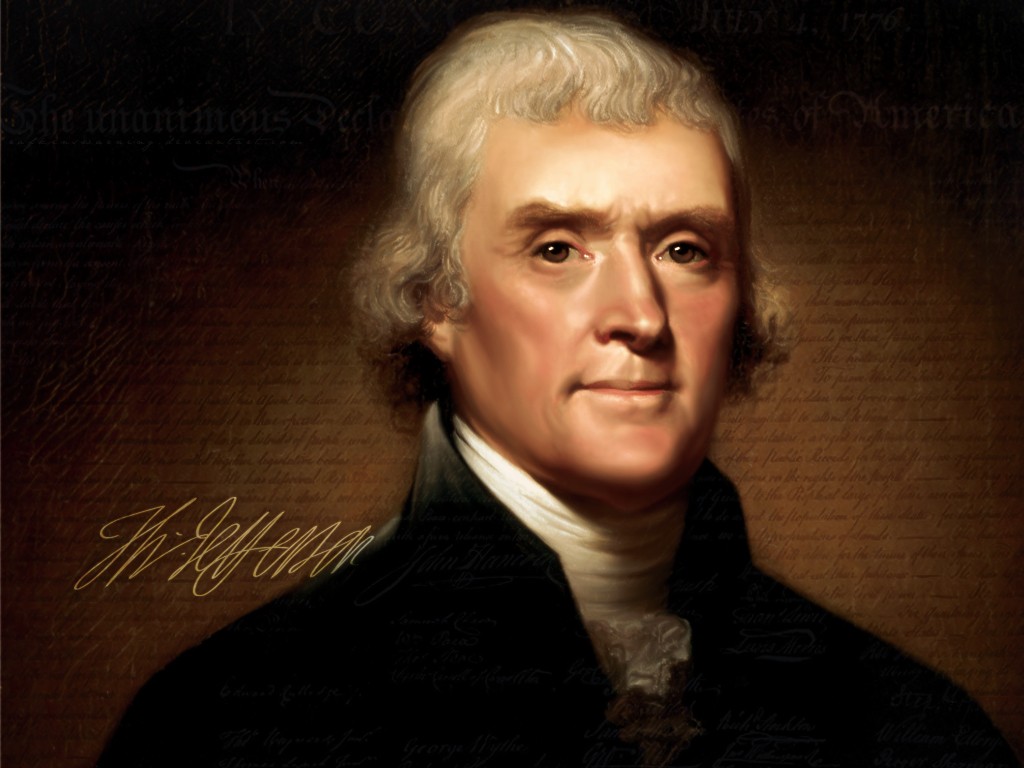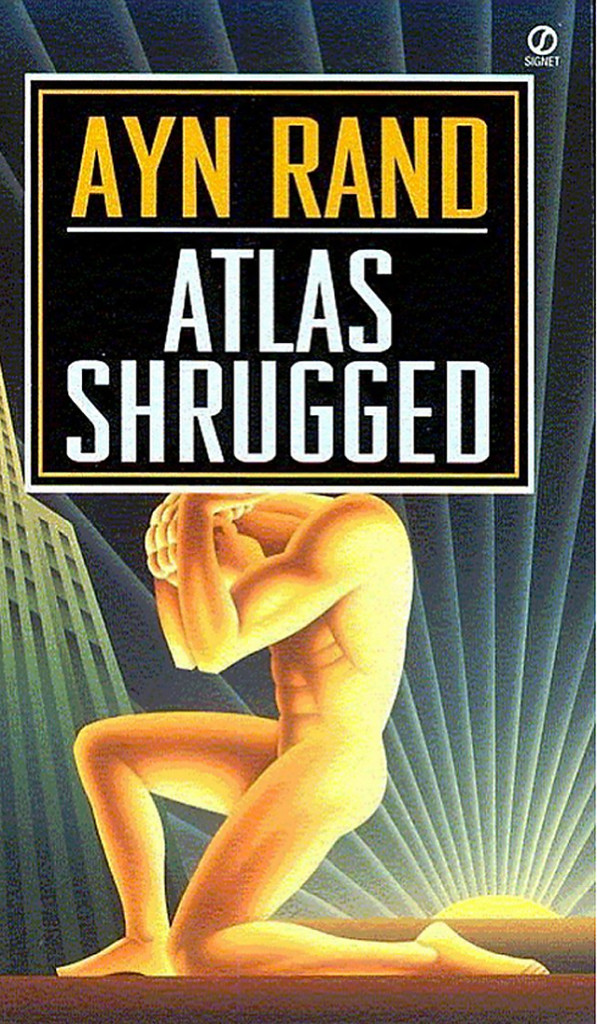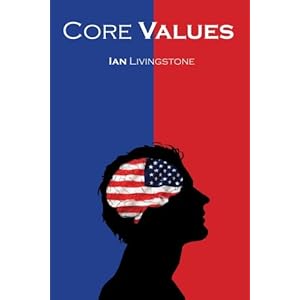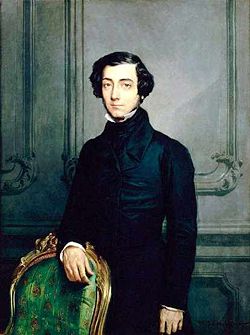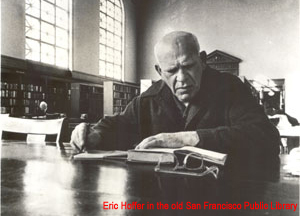Thomas Jefferson — author of the Declaration of Independence and the Statute of Virginia for Religious Freedom, third president of the United States, and founder of the University of Virginia — voiced the aspirations of a new America as no other individual of his era. As public official, historian, philosopher, and plantation owner, he served his country for over five decades.
His father Peter Jefferson was a successful planter and surveyor and his mother Jane Randolph a member of one of Virginia’s most distinguished families. Having inherited a considerable landed estate from his father, Jefferson began building Monticello when he was twenty-six years old. Three years later, he married Martha Wayles Skelton, with whom he lived happily for ten years until her death. Their marriage produced six children, but only two survived to adulthood. Jefferson, who never remarried, maintained Monticello as his home throughout his life, always expanding and changing the house.
